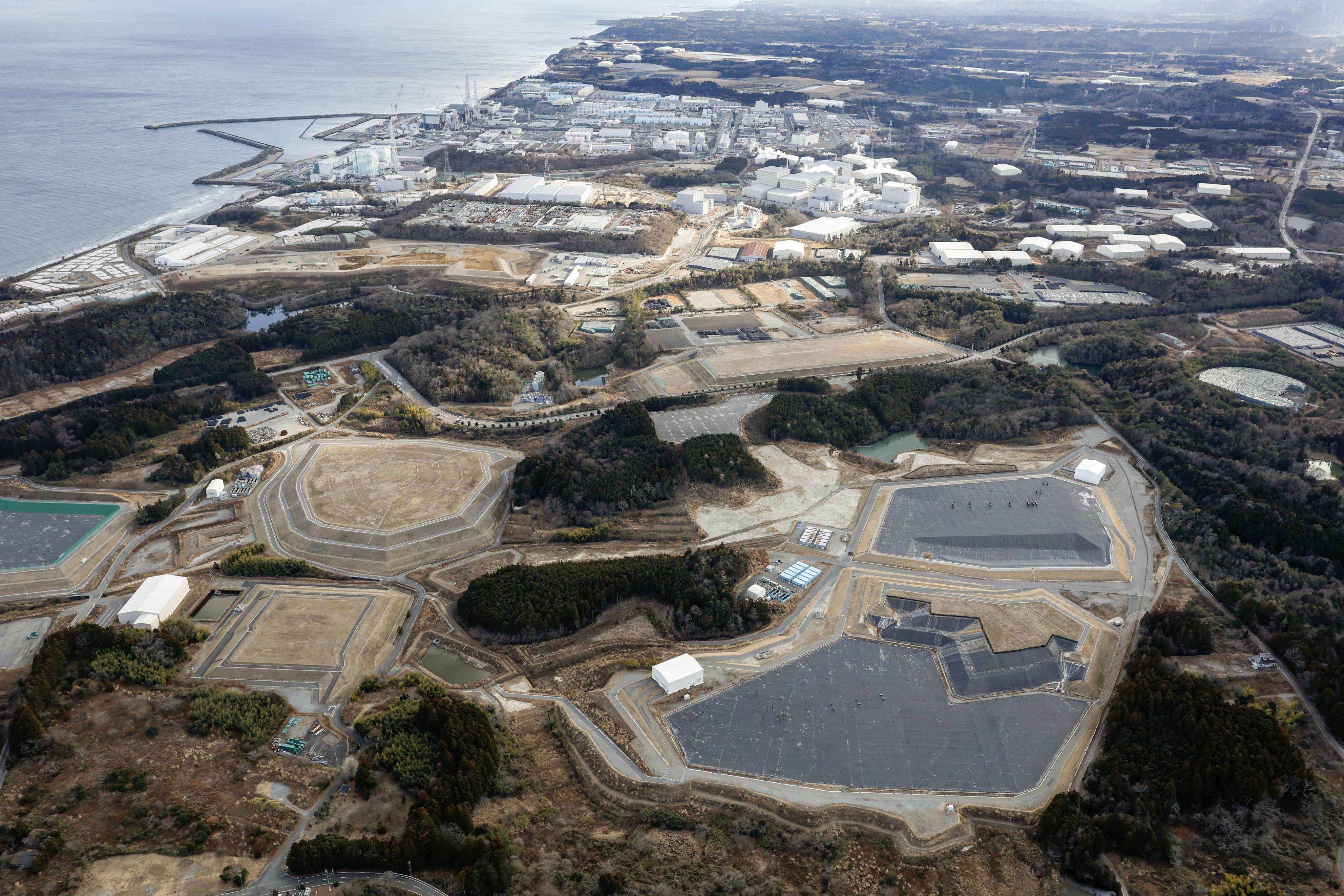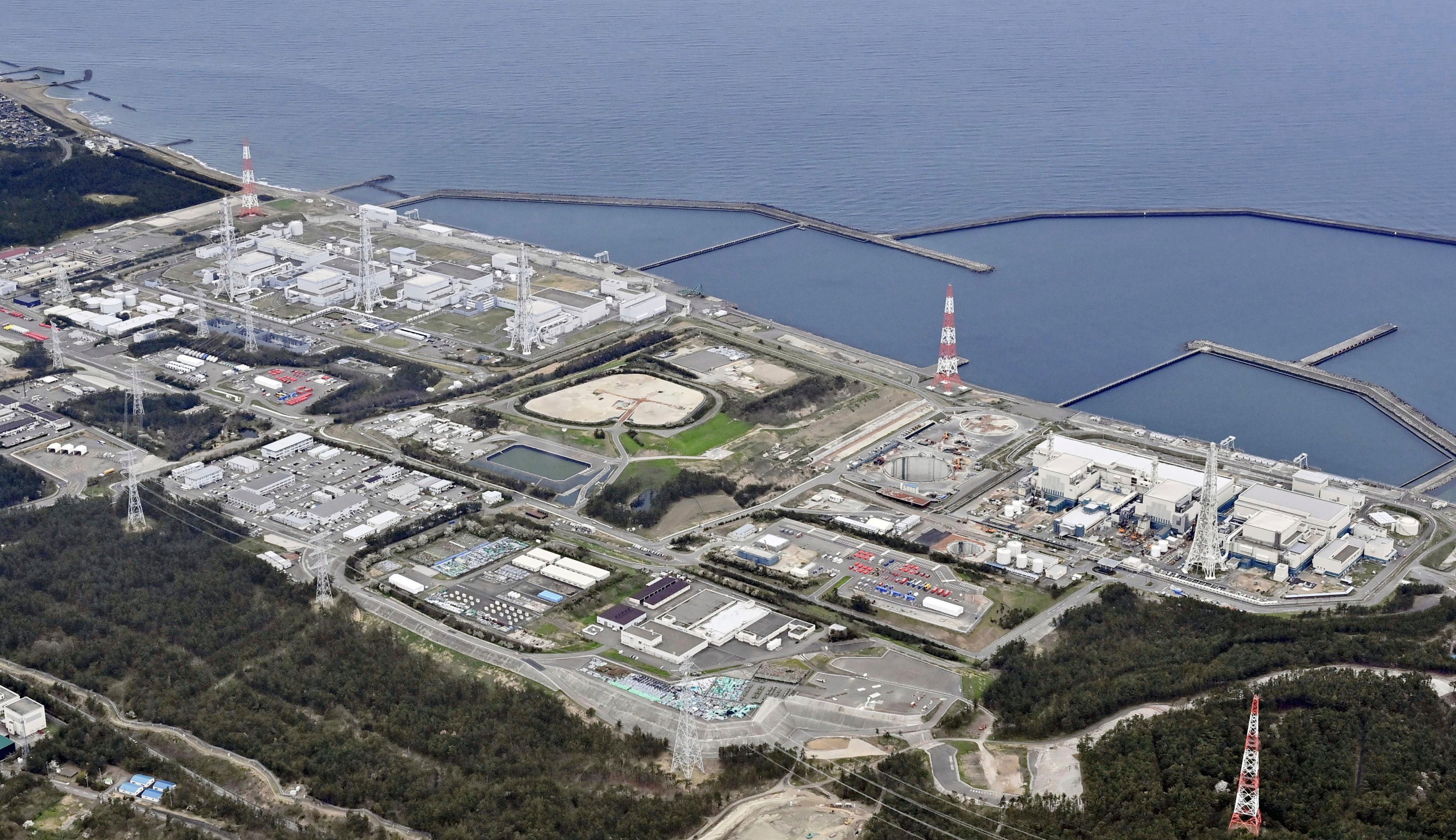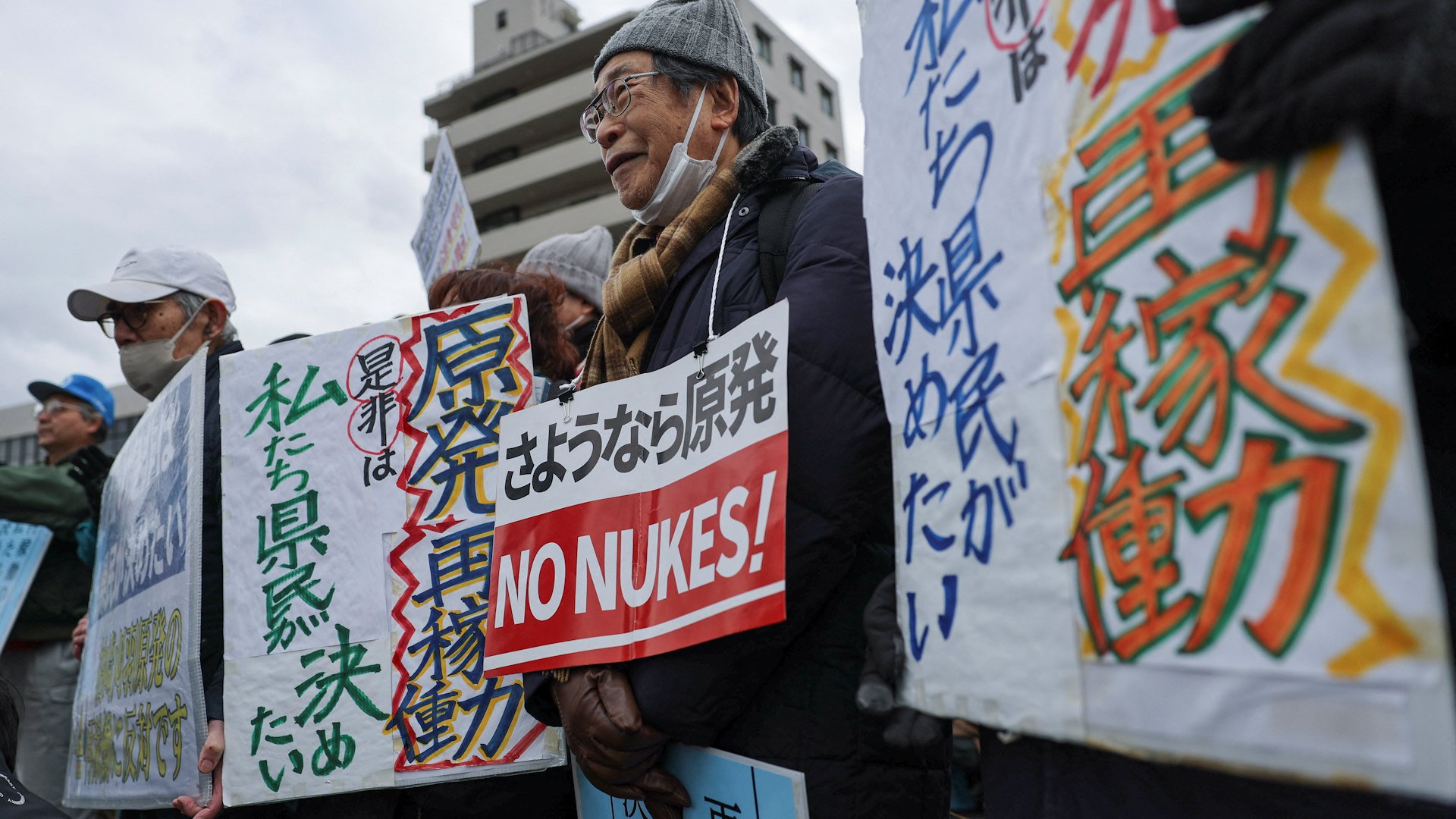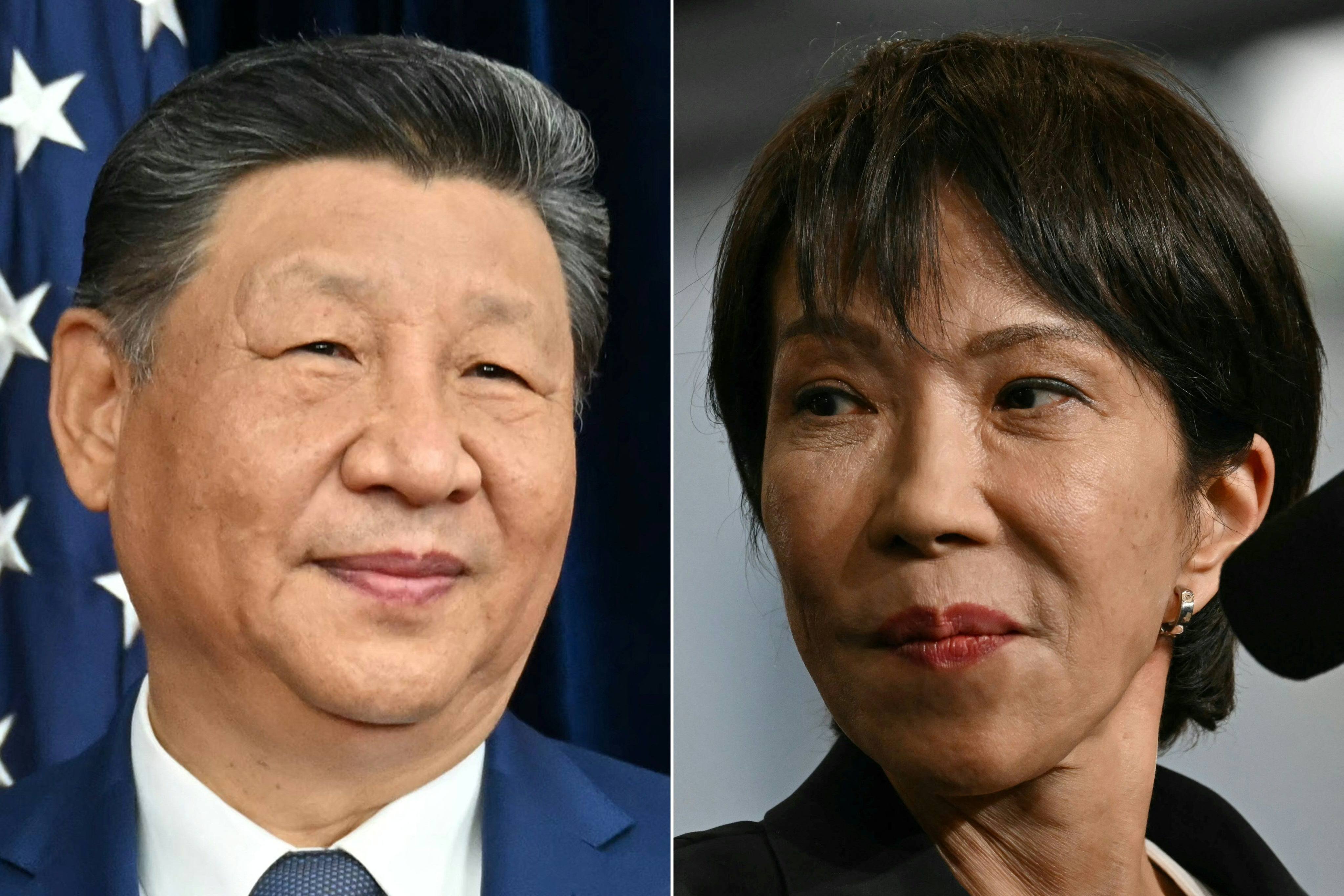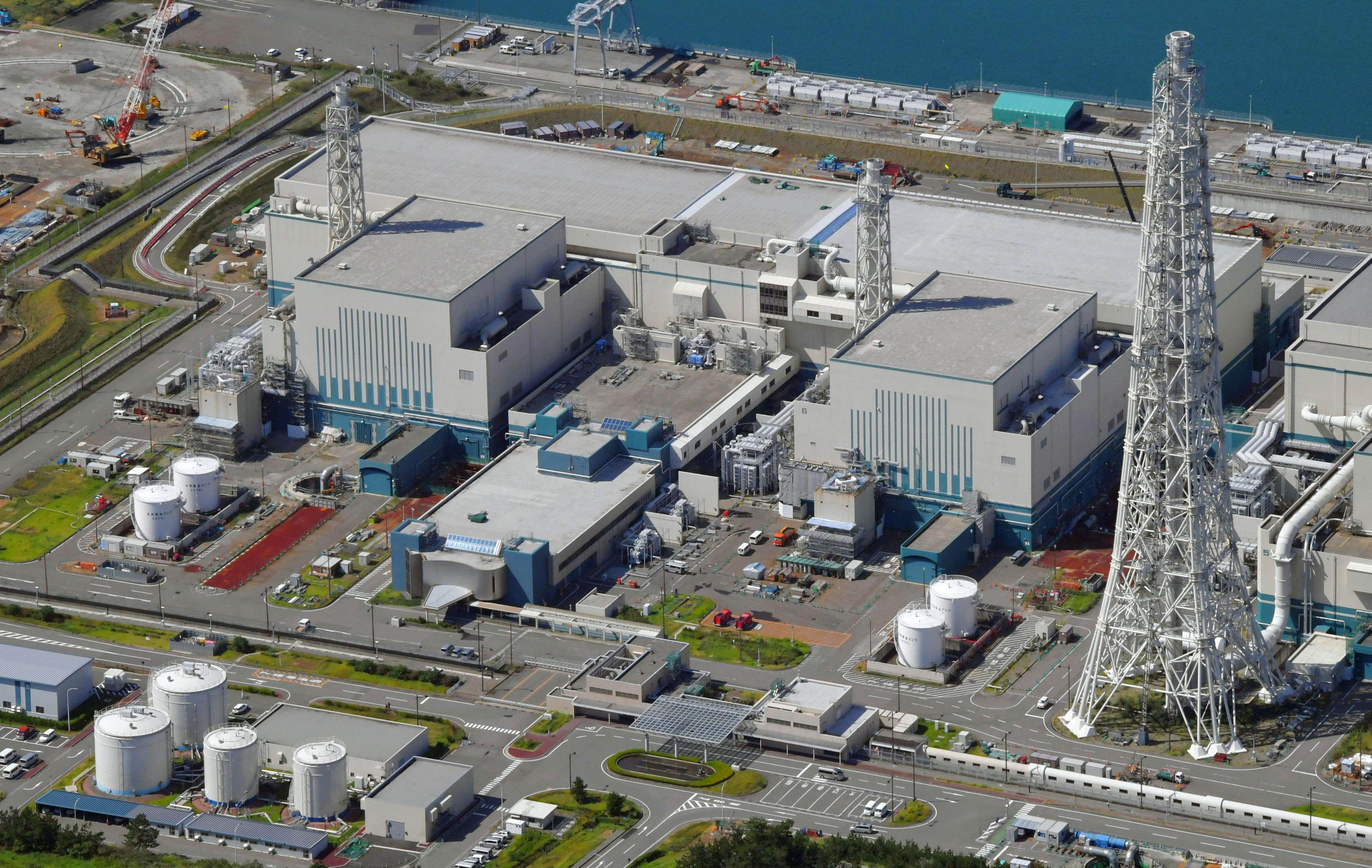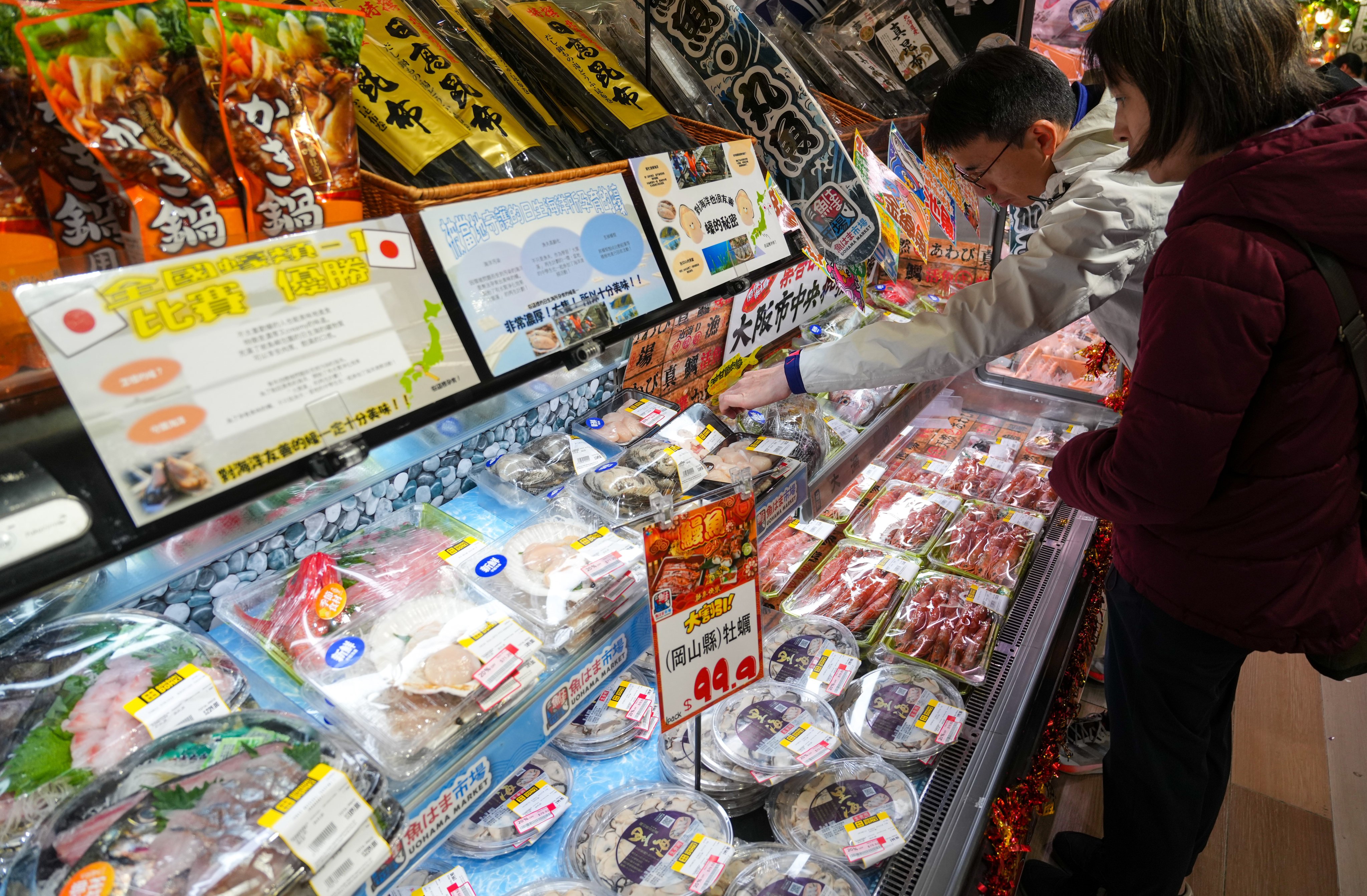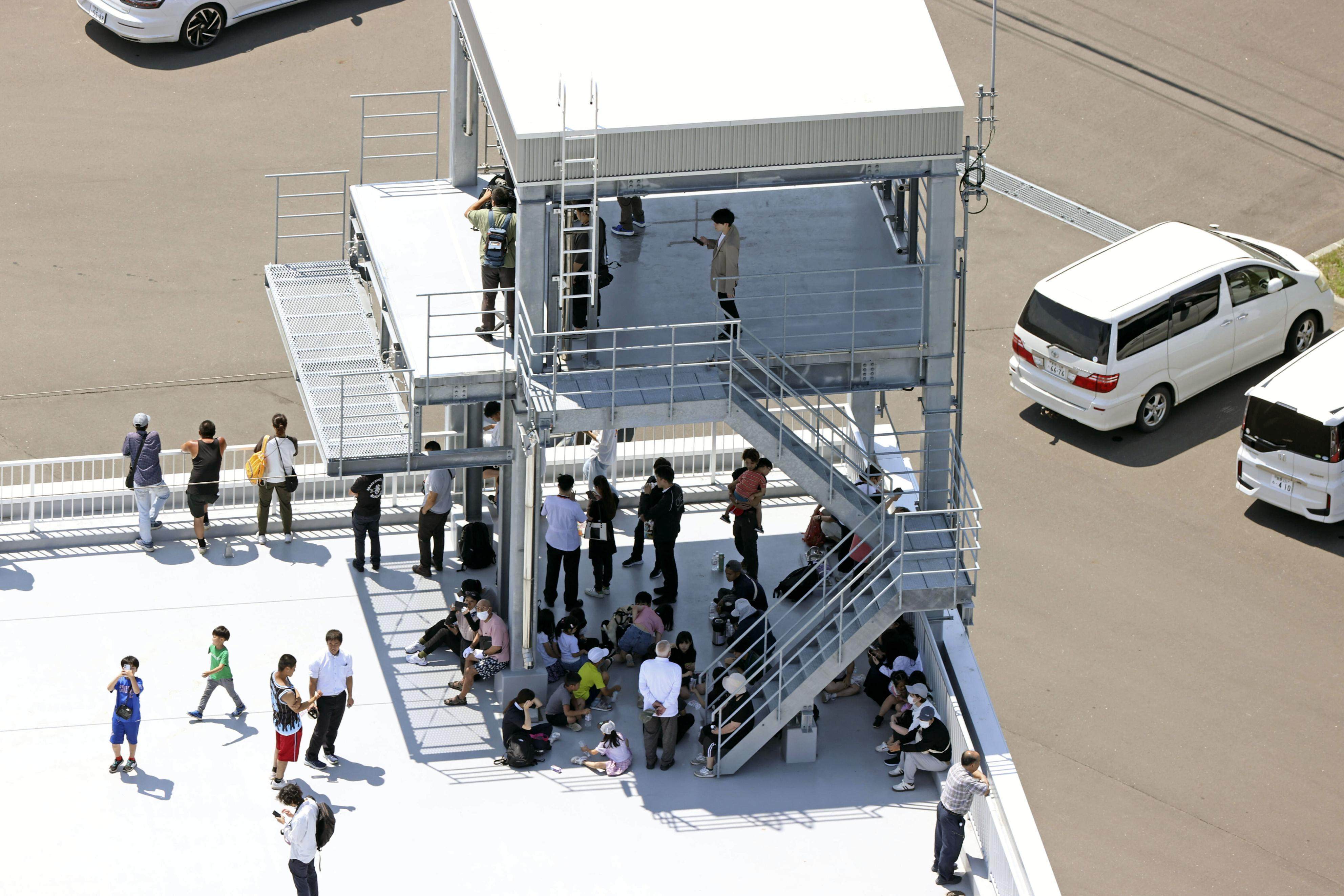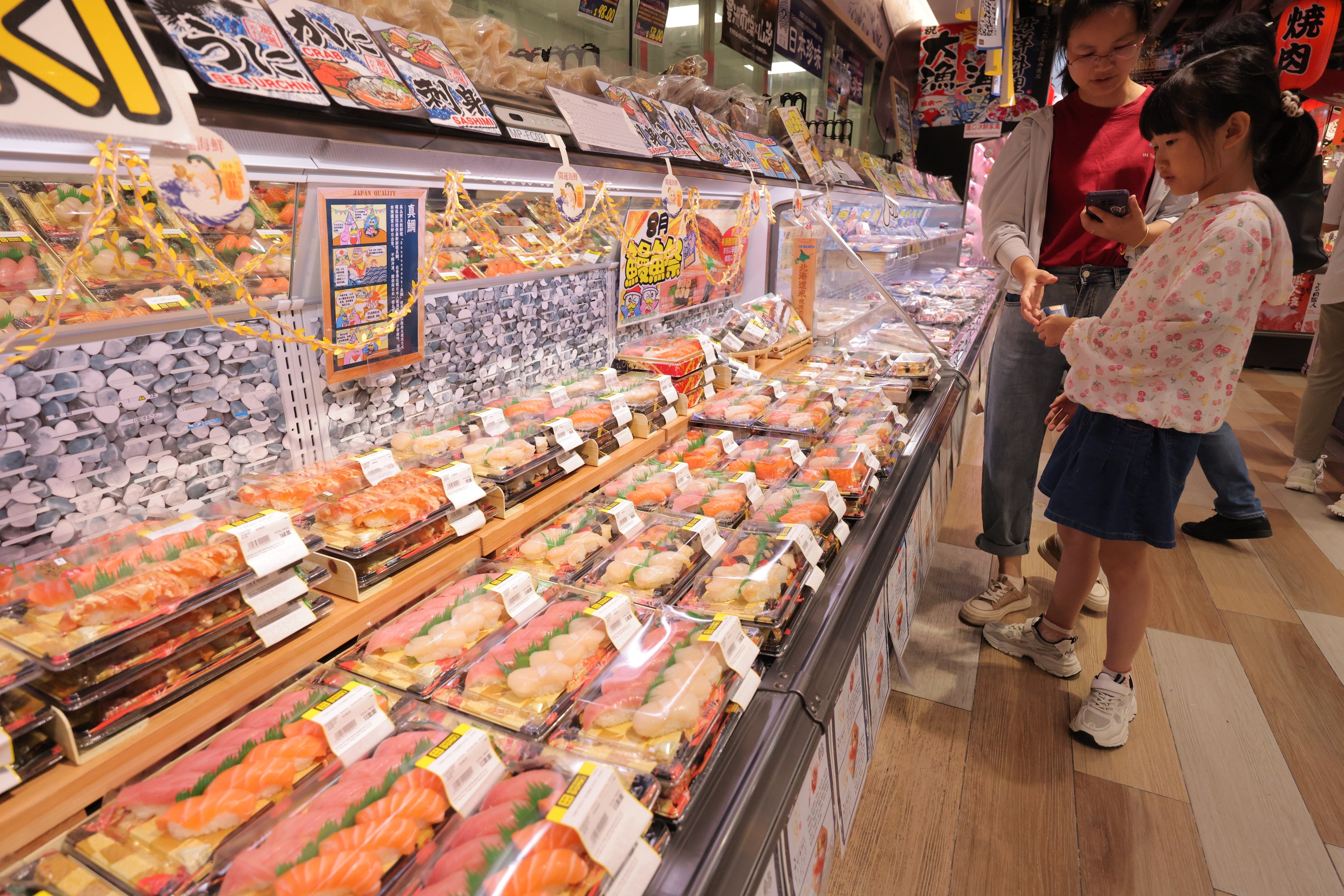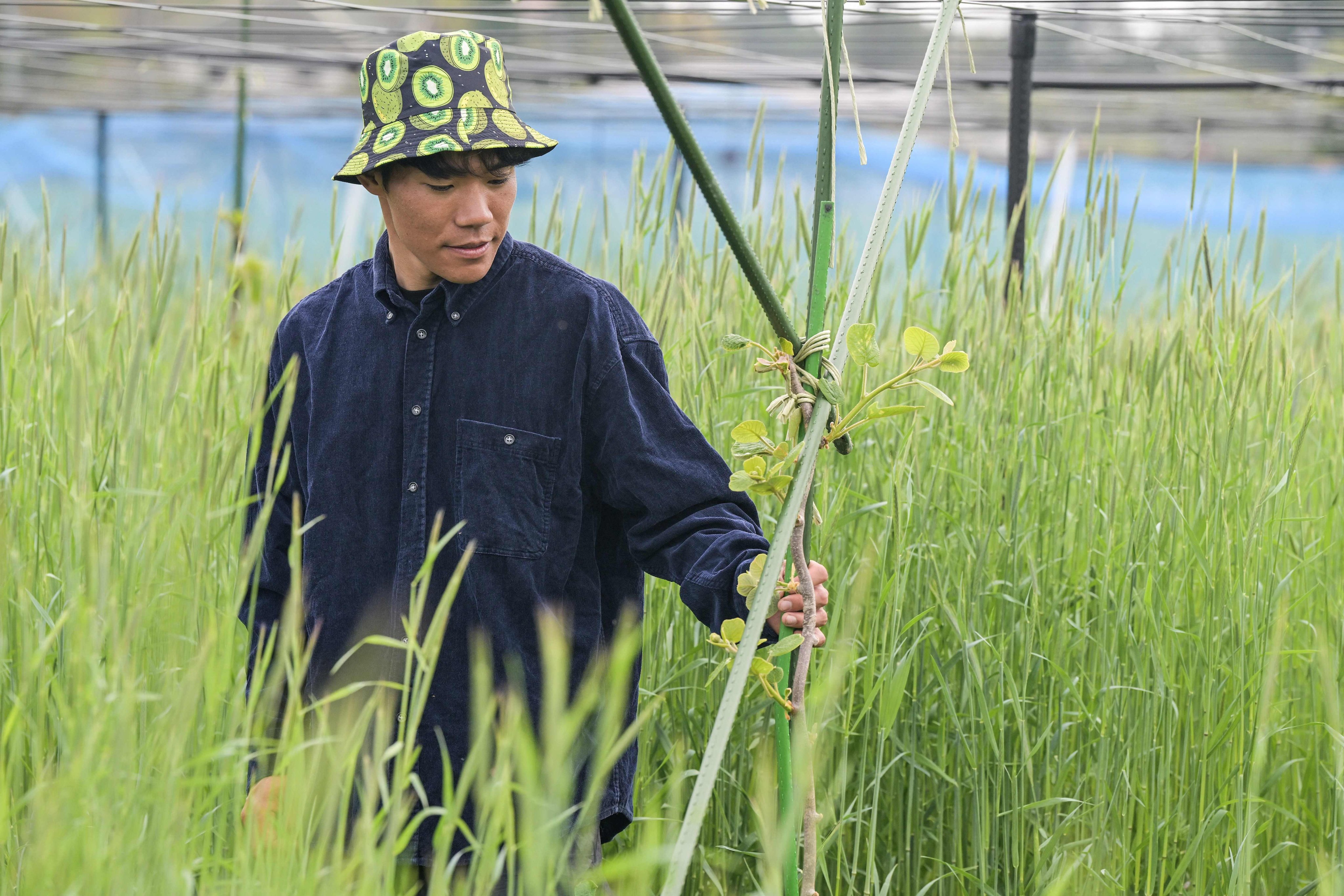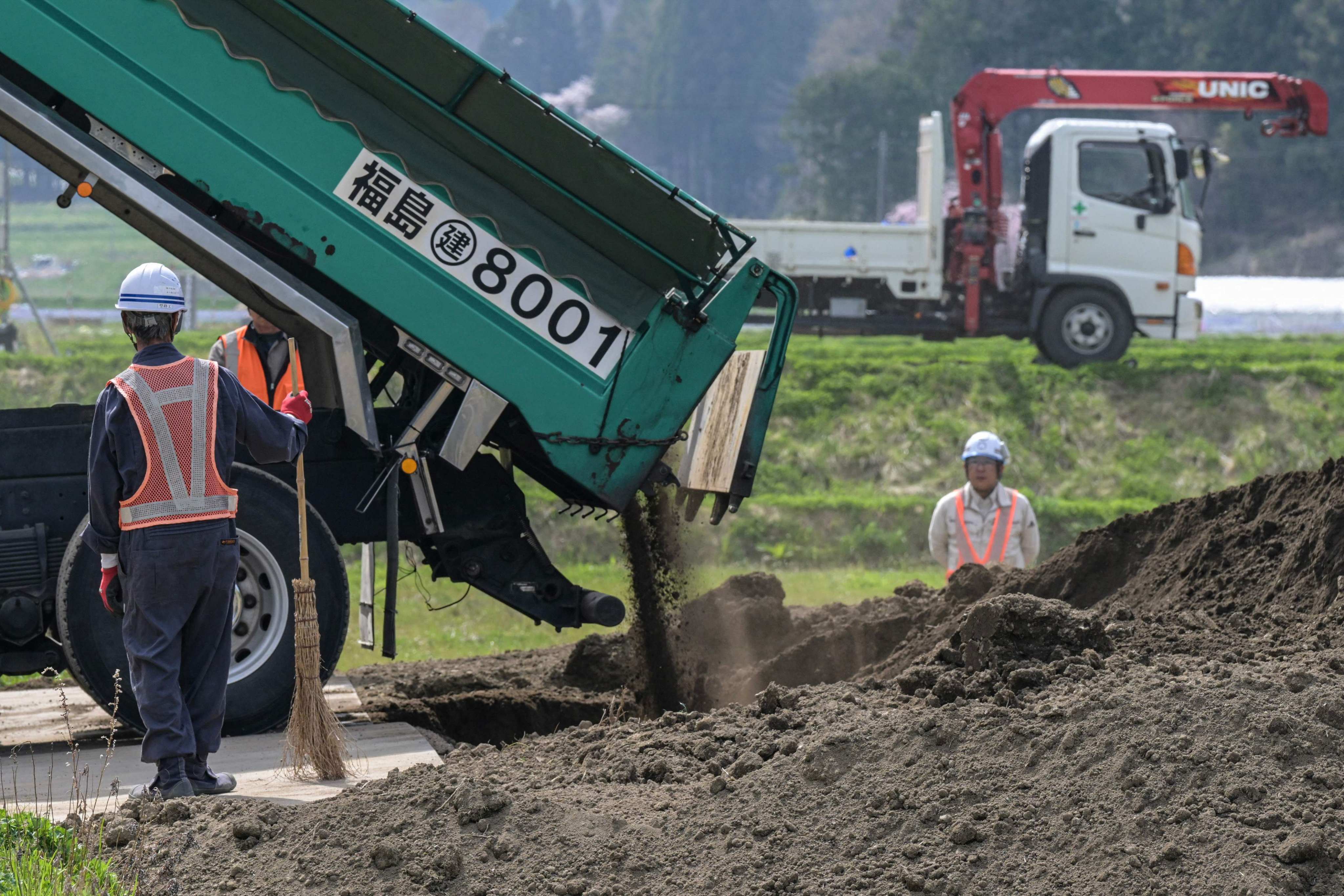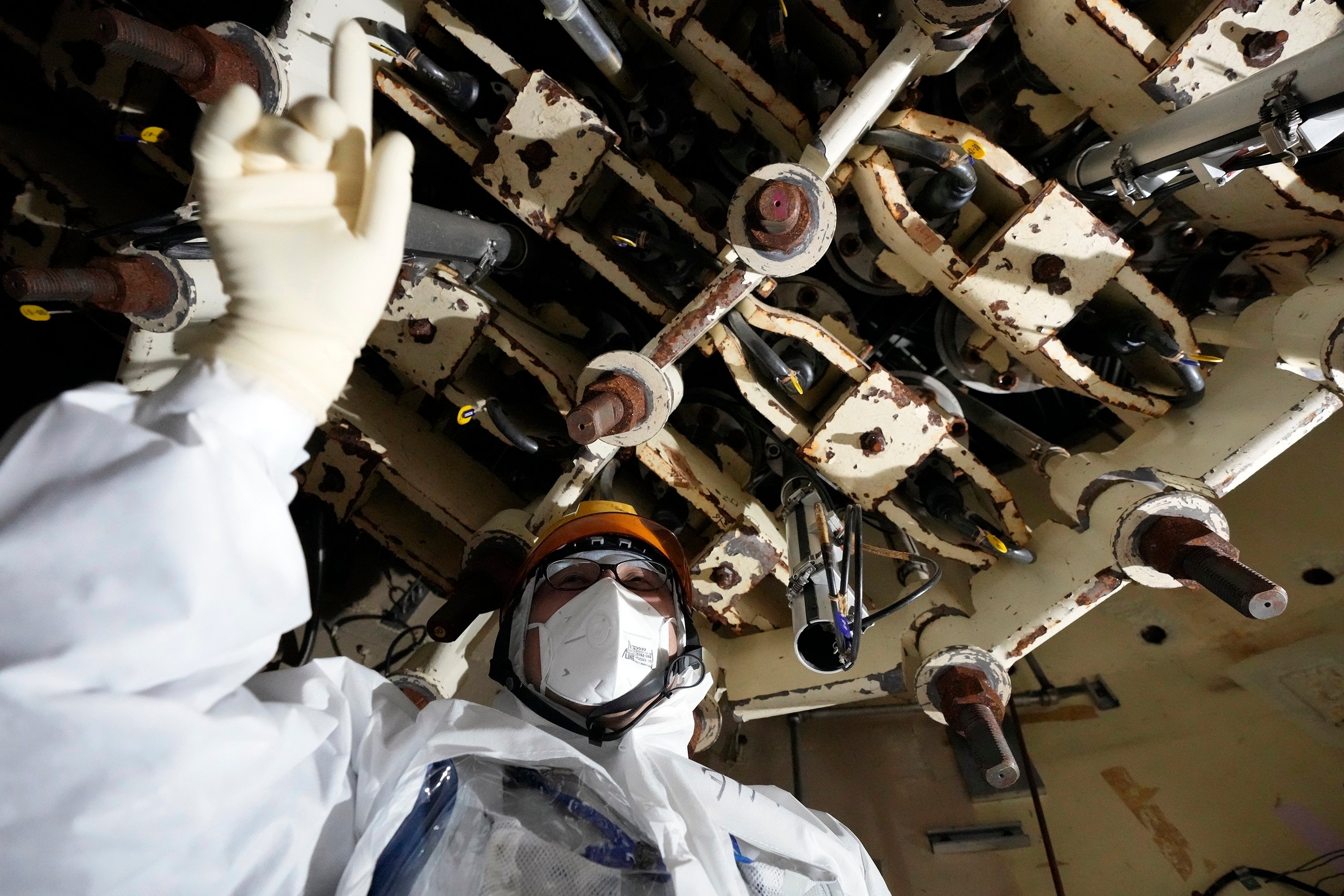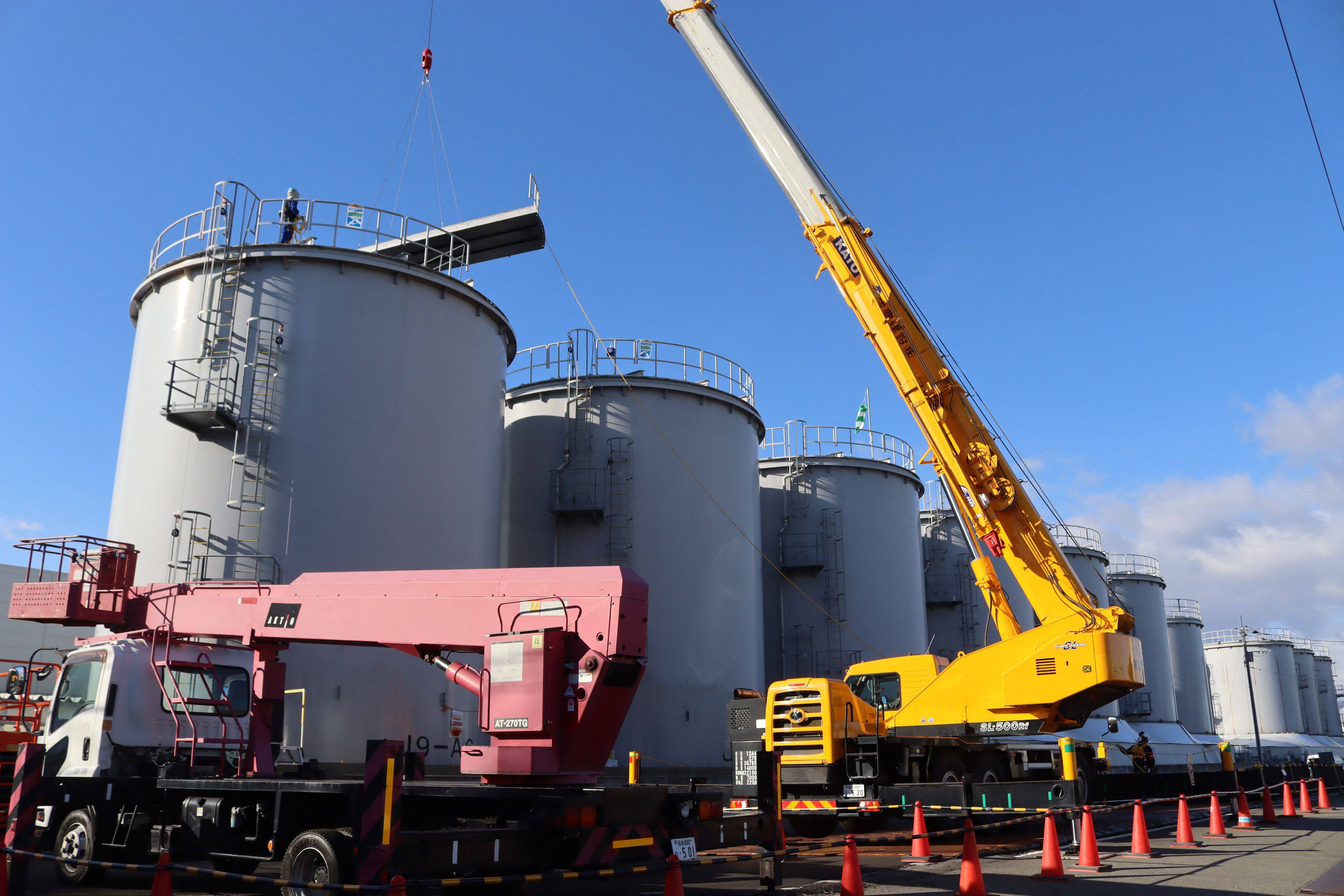Advertisement
Advertisement
TOPIC
Fukushima nuclear disaster and water release
Related Topics:
Fukushima nuclear disaster and water release
The Fukushima Daiichi nuclear disaster was a series of equipment failures, nuclear meltdowns and releases of radioactive materials at the Fukushima nuclear power plant in northeastern Japan, following a devastating earthquake and tsunami on March 11, 2011, which claimed nearly 19,000 lives.
Japan is now looking to dump the treated radioactive waste water into the sea, stirring debates and boycotts at home and abroad.
Help preserve 120 years of quality journalism.
SUPPORT NOWAdvertisement
Advertisement
Advertisement
Advertisement
Advertisement
Advertisement
Advertisement
Advertisement
Advertisement
Advertisement
Advertisement
Advertisement
